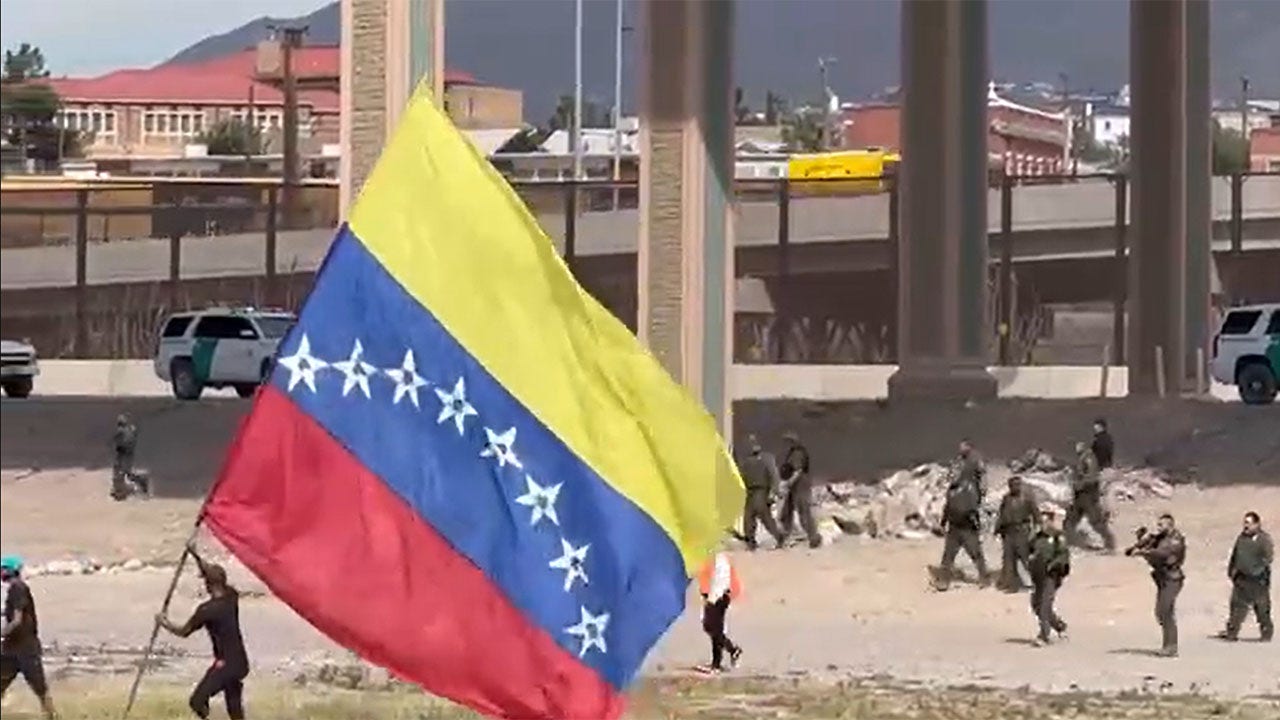Federal judge postpones DHS’s attempt to end Temporary Protected Status for Venezuelans

A U.S. District judge in San Francisco, California, has made a significant decision to postpone the Trump administration’s attempt to terminate temporary protected status (TPS) for Venezuelan nationals. This protection was granted under a program implemented by the Biden administration, allowing nearly 350,000 Venezuelan nationals to live and work temporarily in the United States.
Department of Homeland Security (DHS) Secretary Kristi Noem announced actions just three days after taking office to revoke the TPS status for Venezuelan nationals. This decision would have potentially led to the deportation of these individuals back to a country classified by the State Department as a “Level 4: Do Not Travel” due to various risks such as wrongful detentions, terrorism, kidnapping, crime, civil unrest, and poor health infrastructure.
The court’s ruling to postpone the termination of TPS for Venezuelans highlights the potential harm and disruption that such a decision could cause to hundreds of thousands of individuals. U.S. District Judge Edward Chen emphasized that revoking TPS status could have severe consequences on the lives, families, and livelihoods of these individuals, as well as negatively impact the economy and public health and safety in communities across the country.
Chen also pointed out that the government failed to demonstrate any real harm in continuing TPS for Venezuelan beneficiaries. He further stated that the actions taken by Secretary Noem appeared to be unauthorized by law, arbitrary, and possibly motivated by unconstitutional bias.
The National TPS Alliance, along with Venezuelan individuals holding TPS status, challenged the Trump administration’s move to terminate TPS for Venezuelans, alleging that the decision was unlawful and driven by racial bias. The TPS program allowed Venezuelan migrants to fly directly to the U.S. after applying from abroad, providing a legal migration pathway that was suspended by President Trump upon his return to office.
The Cuba, Haiti, Nicaragua, and Venezuela program (CHNV) permitted migrants and their immediate family members to enter the U.S. with American sponsors, granting them temporary immigration status known as parole for two years. Trump’s efforts to remove both legal and illegal migrants from the country as part of his immigration agenda have faced legal challenges throughout his administration.
In addition to the TPS issue, the Trump administration is reportedly dismantling internal watchdogs for DHS, including the Office for Civil Rights and Civil Liberties, which investigates allegations of abuse and discrimination within immigration enforcement.
Overall, the decision to postpone the termination of TPS for Venezuelans underscores the complexities and legal battles surrounding immigration policies in the United States. It remains to be seen how this case will develop and what implications it may have for the future of TPS programs and immigration enforcement in the country.




